Evolution of Prescription Refills: From In-Person to Online ..
6 Min Read
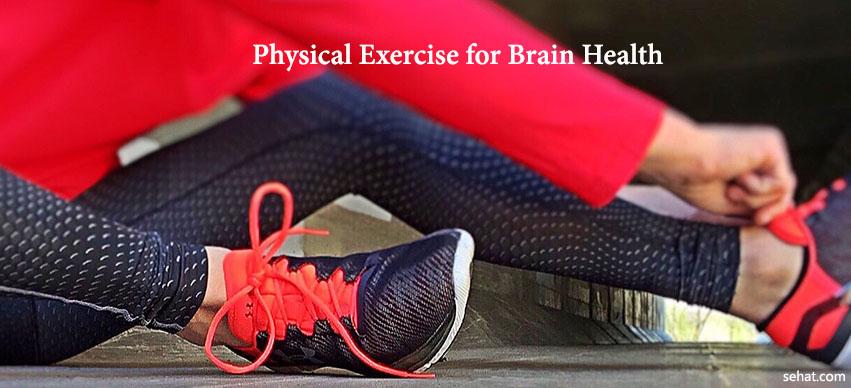
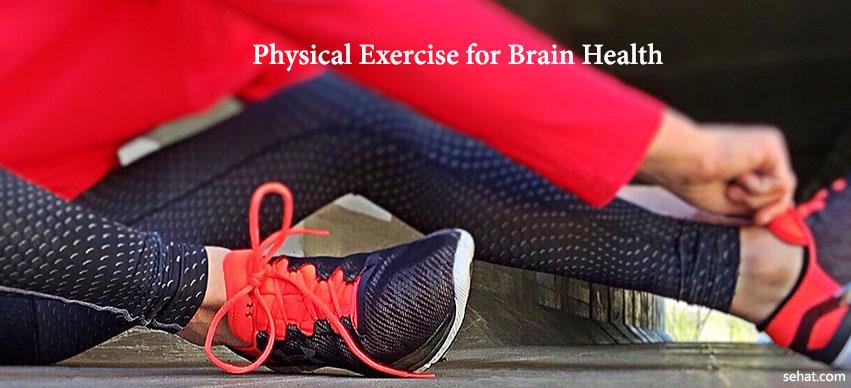
It’s no secret that regularly engaging in physical activity comes with a multitude of physiological benefits ranging from healthy weight maintenance, improved bone strength, reduced risk of diabetes, prevention of heart diseases and much more. However, the fact that it also works wonders towards augmenting brain function by enhancing mental performance, reducing susceptibility to neurodegenerative diseases and lowering the intensity of ADHD symptoms cannot be disregarded either.
A recent study conducted by Dementia and Geriatric Cognitive Disorders reported a connection between exercise and brain function in older adults. It found that the elderly suffering from mild cognitive impairment experience positive effects of physical exercise on global cognition, executive function, attention and delayed recall.
The benefits of exercise also extend to kids as it helps in the development of their tender brains. Multiple studies have proved that children who are more physically active as compared to their peers sleep sounder, get higher grades, and have better concentration.
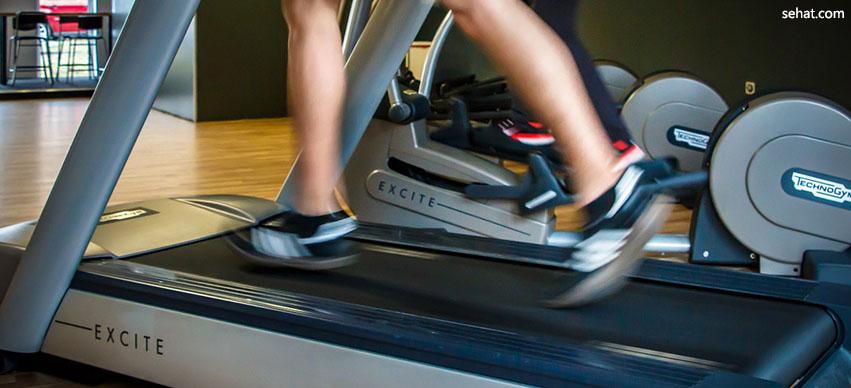
An animal study published in the journal of Medicine and Science in Sports and Exercise found that running on a treadmill for 12 weeks reversed the impaired cognitive decline in the early and advanced stages of Alzheimer’s disease. Another study by Neurobiology of Learning and Memory reported the positive impact of high intensity running on learning ability.
Old age is one of the most common causes of cognitive decline. A study published in the Journal of Aging and Physical Activity found that resistance training has a positive effect on information processing speed, attention, memory formation, and specific types of executive function in healthy older adults.
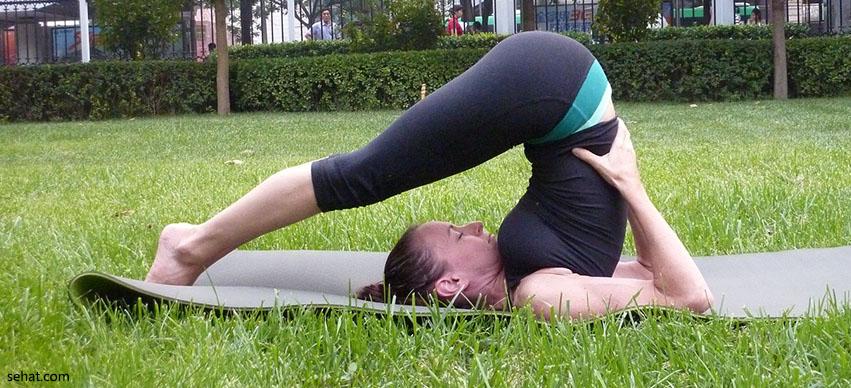
Another positive association between exercise and brain function was demonstrated in a study published in the Journal of Alternative and Complementary Medicine. As per the study, 12 weeks of walking and yoga led to a positive impact on the mood and reduced the symptoms of anxiety in a study group. Those practicing yoga showed better signs of improved mood and calmness.
Overweight kids who require physical exercise to get in shape also need physical exercise for brain health, a study published in Research Quarterly for Exercise and Sport suggests. As per the study, aerobic training can help enhance aspects of overweight children’s mental functioning, central to cognitive and social development.
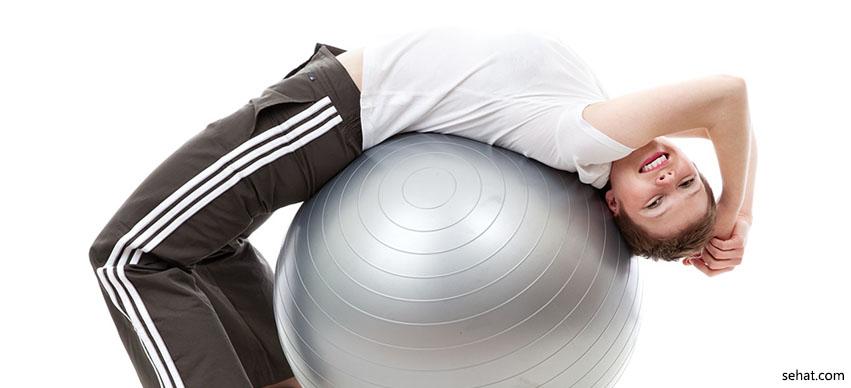
Structured strength and balance training contribute to improved cognitive function in individuals aged 75 years or older reports an Aging Clinical and Experimental Research study. Here’s yet another scientific proof of the importance of physical exercise for brain health of the aged.
Never forget: exercising can not just help strengthen your body, but also boost your brain power. In case you have a history of cognitive disorders in your family and you wish to know more about the kind of exercises you should engage in to mitigate their risk, you can find the best Neurologists in Kolkata to assist you. Stay active and keep your gray matter ticking!